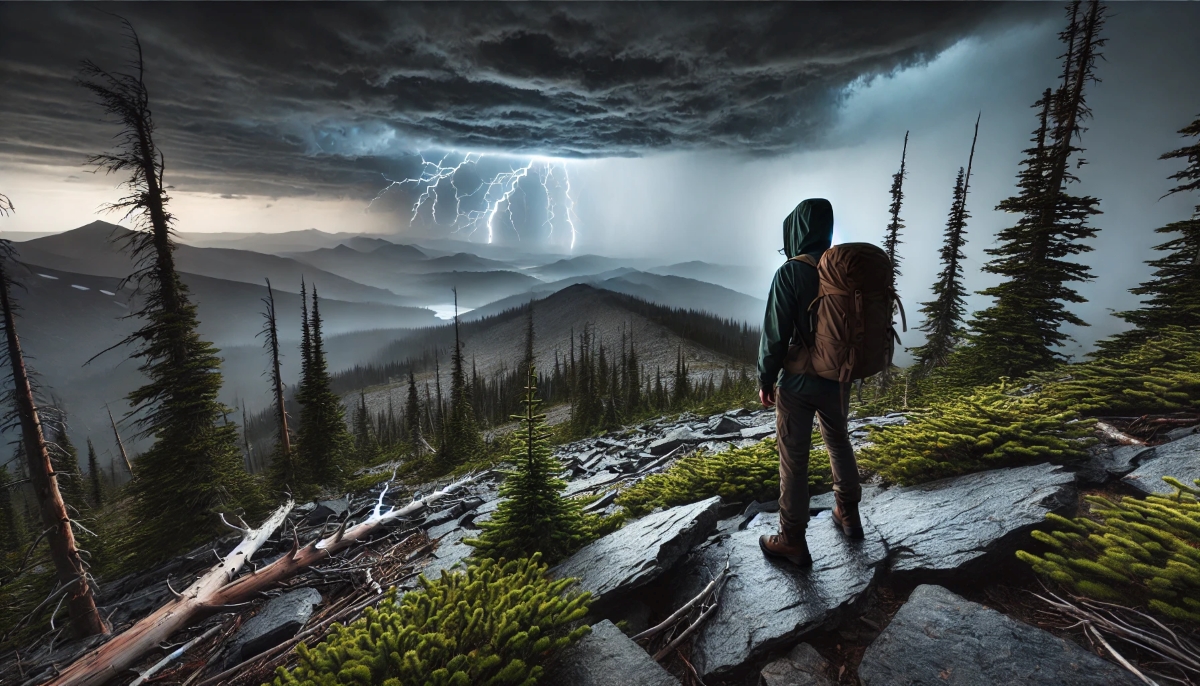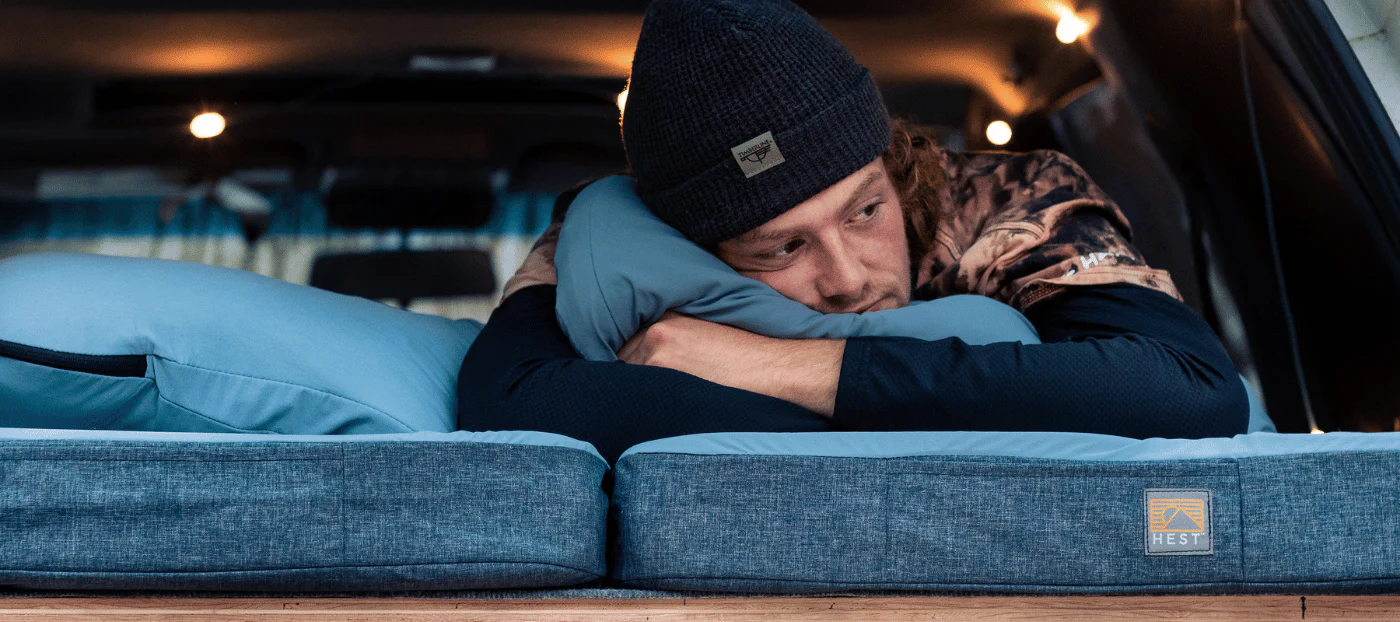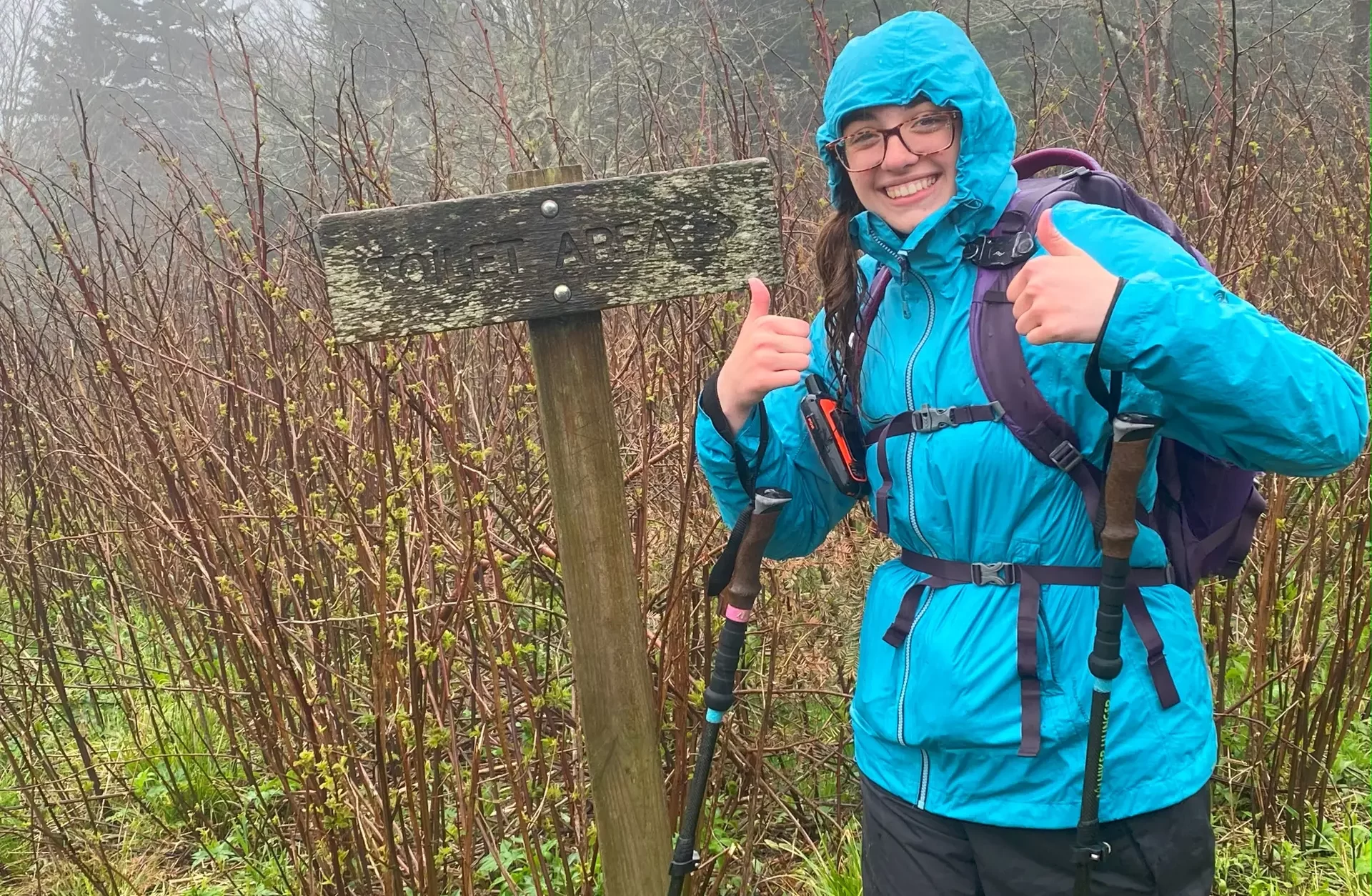
Hiking Smarter: The Benefits of Satellite Communicators
In this age of smartphones, it’s easy to take being connected for granted, especially if you live in an urban area with cell signals everywhere. However, when you head into the backcountry, particularly in the Western United States, you are unlikely to have cell service. Satellite communicators like the Garmin InReach Mini, Spot X, or Zoleo Satellite Communicator can keep you connected and prove to be essential equipment in case of an emergency.
1. Stay Connected Anywhere, Anytime
One of the main attractions of hiking is getting away from the hustle and bustle and disconnecting from daily life. However, when you head into the backcountry, completely disconnecting introduces some risks. A satellite communicator, which connects via satellites, doesn’t require cell service. As long as you have a view of the sky, you can send messages and share your location from virtually anywhere.
Being able to stay connected can be a lifesaver if you become lost or injured. Even in non-emergency situations, it’s nice to be able to send messages to loved ones back home, letting them know your progress and that you are all right.
2. Emergency SOS Features
One of the key features of any proper satellite communicator is an SOS function. All of the satellite communicators mentioned above have an SOS button that you can press in an emergency. The device will send a message to emergency services along with your GPS coordinates. You’ll also be able to message back and forth with emergency responders, providing critical information to aid in your rescue.
3. Access to Weather Updates
When you’re off the grid without a cell signal, you’re unable to get weather updates. Weather can change quickly, and having access to the latest weather reports can be crucial for your safety. Most satellite communicators can receive weather reports for your exact location, helping you make smart decisions when in the backcountry, such as turning back early, seeking shelter, or altering your route to avoid hazardous conditions.
4. Route Tracking and Navigation Assistance
Every year, over 4,600 hikers get lost in the woods. I’ve seen news reports that shock me when people get lost on trails where I never would have thought it possible. Satellite communicators generally include a GPS tracking feature, allowing you to see your exact location on a map and share it with others. I have the Garmin InReach, which allows me to send my track to people back home. The device pings my location at set intervals so loved ones can follow my track online. If I were to become lost, they would know the last location my Garmin InReach sent, making it more likely I would be found.
Additionally, you can download topographic maps, set waypoints, and create a route to follow. While I generally use an app on my phone for navigation, it’s a good idea to have two ways to navigate. Downloading your route to your satellite communicator is a smart idea for redundancy.
5. Peace of Mind for Loved Ones
For those at home, knowing that you have a satellite communicator offers significant peace of mind. When you’re out of cell service range, it’s natural for family and friends to worry about your well-being. By sending periodic updates or sharing your location, you can keep them informed and reassure them that you’re safe.
In the event of an emergency, you can communicate with family members, letting them know what is happening. They can also help communicate with emergency services if you’re struggling to do so.
6. Versatility Beyond Hiking
While the focus here is on hiking, it’s worth noting that a satellite communicator can be a valuable tool in other outdoor activities as well. I live in Northwest Montana, where it’s common to be without cell service. I keep my Garmin InReach in my vehicle so that if I find myself in an emergency situation in a location without cell service, I have a way to contact help.
Final Thoughts
Hiking offers an incredible opportunity to reconnect with nature and challenge yourself physically and mentally. While there are many positives to hiking, there are also risks. Your safety is your responsibility. One of the simplest ways to stay safe in the backcountry is by carrying a satellite communicator. I’ve seen countless situations where people were lost or injured on a day hike and ended up spending days in the woods—or, in some cases, died or were never found. These individuals were completely unprepared for the situations they encountered and had no way to call for help. The simple act of carrying a satellite communicator could have changed many bad outcomes by making it possible to call for help. I consider it an essential part of your hiking gear.
Matt Vittal
Matt is a software engineer living in Northwest Montana. He is an avid outdoorsman who spends his free time hiking, backpacking, camping, hunting, and fishing.



